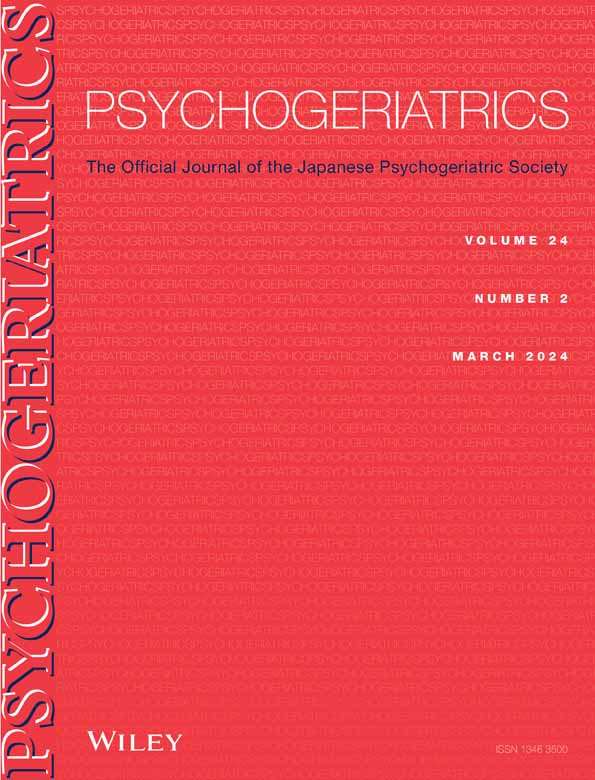Effects of reminiscence therapy on cognition, agitation, and quality of life in older adults with dementia receiving long-term care
Abstract
Background
Dementia is one of the most common neuropsychiatric conditions in older adults. Despite many older adults with dementia receiving long-term care (LTC), few studies have been conducted in Turkey on reminiscence therapy (RT) influencing neuropsychiatric symptoms and quality of life in people with dementia receiving LTC. This study aimed to investigate the effect of RT on cognition, agitation, and quality of life in older adults with dementia receiving LTC in Turkey.
Methods
The study population consisted of 100 older adults living in a LTC centre in a province. The size of the research group was calculated using the power analysis method, and 54 older adults were included in the study, 27 each in the RT and control (C) groups. Data collection forms Mini-Mental State Examination (MMSE), Cohen-Mansfield Agitation Inventory (CMAI), and the Alzheimer's Disease Quality-of-Life Scale (AD-QOL) were applied to the RT and C groups before RT (T0), 1 week after RT (T1), 1 month after RT (T2), and 3 months after RT (T3) to evaluate the effectiveness of the intervention. Mean, standard deviation, ratio, percentile, Fisher's exact test, Pearson Chi-square test, Mann–Whitney U-test, and Friedman test were used in analyzing the data.
Results
Older adults in the RT and C groups were similar regarding sociodemographic characteristics, institutional care, and life models (P > 0.05). When comparing the T3 values of MMSE, CMAI, and AD-QOL total scores with the T0 values, a significant difference was observed between the groups, favouring the RT group (P < 0.001).
Conclusion
Individual RT may benefit cognition, agitation, and quality of life of older adults with dementia residing in a LTC centre.
Open Research
DATA AVAILABILITY STATEMENT
The data that support the findings of this study are available from the corresponding author upon reasonable request.




